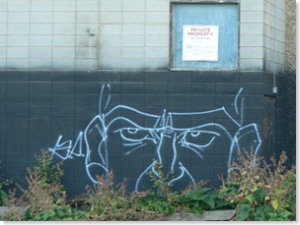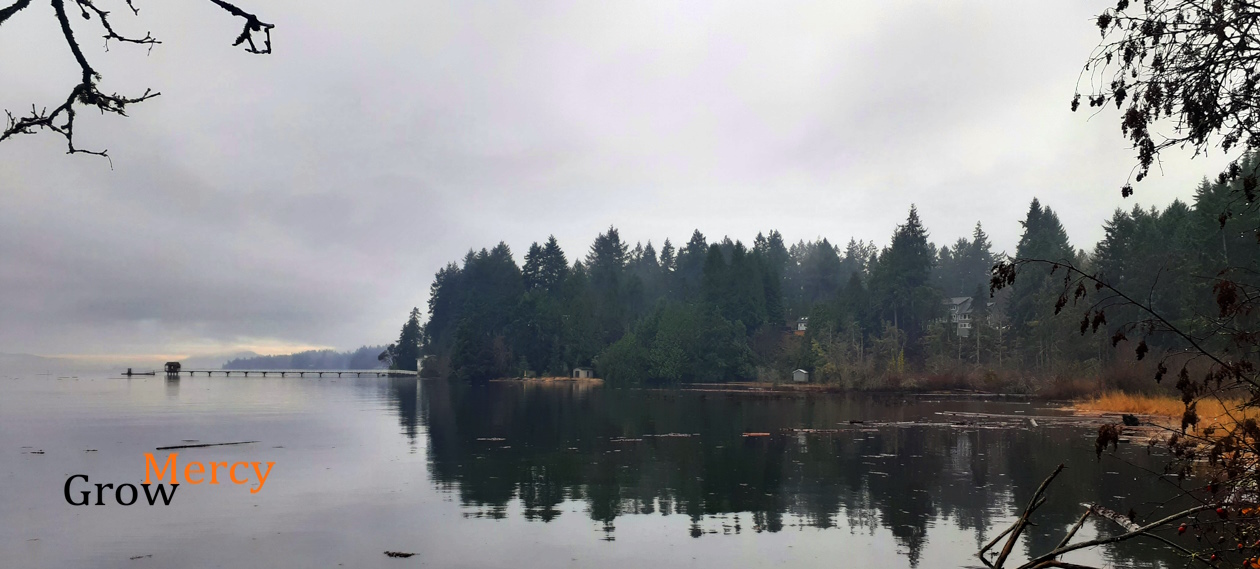Last night below my window I heard: “Stop! Police!” I heard feet racing on the grit littered back-alley asphalt. And then I heard the dogs barking at someone cornered half a block away. I heard some yelling and then it was over. Only the police car lights raining reflections high on the bedroom wall remained. And the bumpy rhythm of downtown traffic at midnight returned.
I still shrink from sirens, from noises at night. I shrink from “Stop Police!” I’ve never been able to embrace my fears–like it says someplace in a personal development text. I never really knew what embracing would look like, or, I suppose, what it meant.
 I understand too well the evolutionary, instinctual, self-preservationist, value of fear. But after that, after the automatic reflex, I’m not sure value and fear should be in the same sentence.
I understand too well the evolutionary, instinctual, self-preservationist, value of fear. But after that, after the automatic reflex, I’m not sure value and fear should be in the same sentence.
While a night-siren immediately calls up all kinds of fears–where are the kids? will a knock come? will I receive “the call?” is there a break-in, a knife, a gun around the corner? and on and on, it’s what lingers, the fear hang-over, the fears we’ve not quite trained to stay out of range, that can dictate to us our days.
So while I will never embrace my fears, I try not to resist them either. Instead I let them move over me and watch them as they pass, even focus on each fear as it passes. For I have learned that not doing so gives them power. Ignorance of fear only works if it is truly ignorance and not a kind of ignoring.
It seems that identifying fear, giving it a name, is already a response to fear. And perhaps, mysteriously, a benign contemplation of fear leads us toward an opening of love, the final arbiter of fear. Perhaps this was in the mind of the ancient Hebrew poet who wrote “I sought the LORD, and he answered me, and delivered me from all my fears.”

I really appreciated this blog. Fear is something that we all have to face, generally on our own, in the privacy of our minds… and it can be scary. I think that identifying fears, and focusing on them as they pass, takes away their potential to transform into something ugly. Maybe that’s why fear of the unknown is so difficult because it has the potential to mutate into so many different half-formed and unexpressed possibilities.